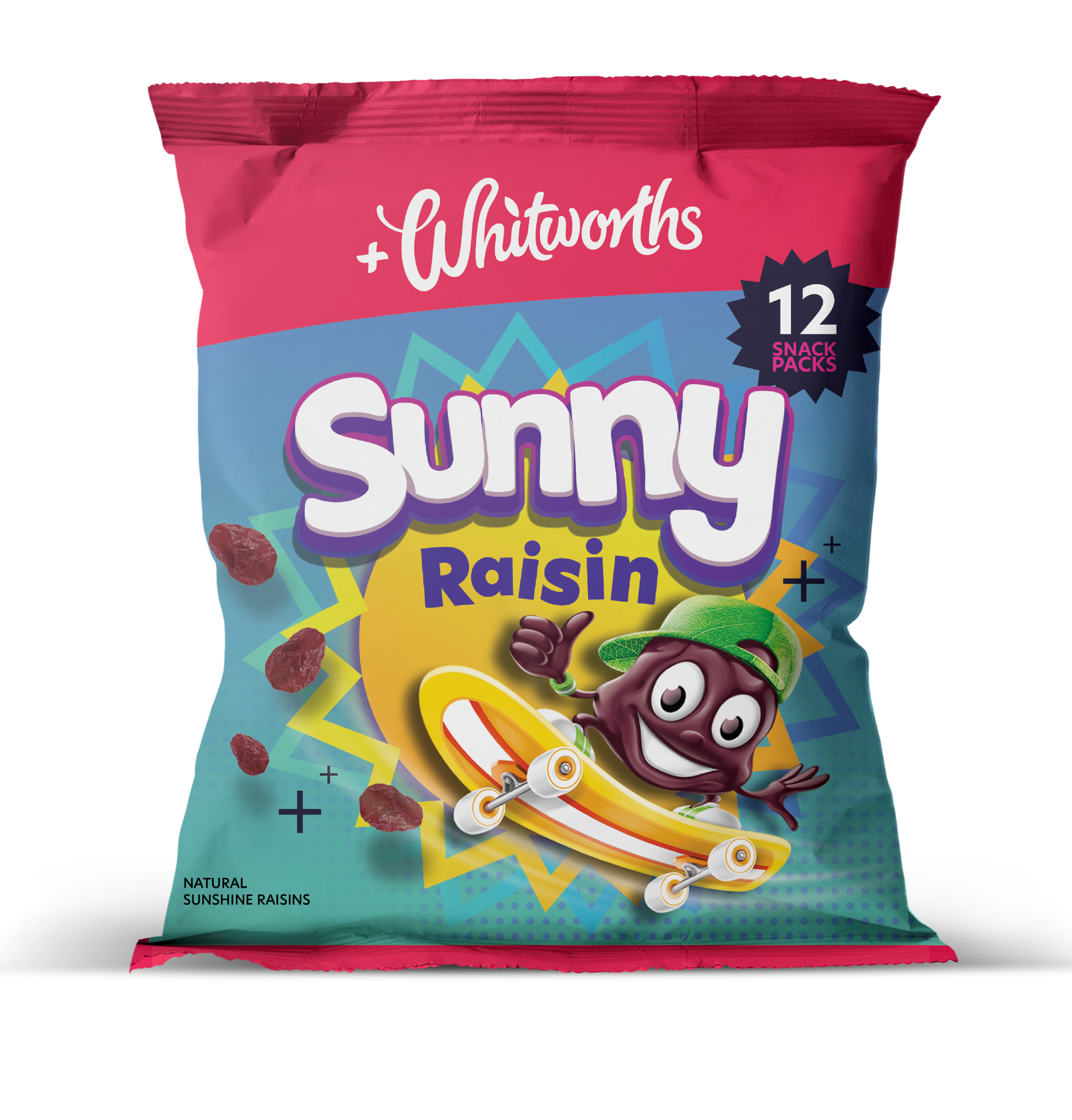Sunflower Seeds
As the name suggests, sunflower seeds come from the flower head of sunflower plants. They are small, grey-green seeds that are encased in a stripe black and white shell, and are a popular savoury snack.
What is the nutrient content of sunflower seeds?
A recommended serving size of sunflower seeds is around one and a half tablespoons, or 25g:


What are the health benefits of sunflower seeds?
1. Heart Health: Sunflower seeds have a high unsaturated fat content, particularly polyunsaturated fats, which can help lower LDL (“bad”) cholesterol levels and reduce the risk of heart disease.
2. Antioxidant Properties: Sunflower seeds are an excellent source of vitamin E, a potent antioxidant that helps protect cells from oxidative damage and supports skinhealth.
3. Immune Support: The high selenium content in sunflower seeds boosts the immune system and plays a critical role in thyroid function.
Where can I find sunflower seeds?
Sunflower seeds are commonly consumed either raw, or roasted and salted. They may also comprise part of trail mixes and breakfast cereals, such as granola. Sunflower seed butter is a popular alternative to peanut butter for those with a nut allergy.

References:
Public Health England (2016). Government Dietary Recommendations. Available at:
https://assets.publishing.service.gov.uk/media/5a749f
ece5274a44083b82d8/government_dietary_recomme
ndations.pdf [Accessed 8 November 2024].
British Heart Foundation (2024). Portion guide: Beans, pulses, fish, eggs, meat and other proteins. Available at:
https://www.bhf.org.uk/informationsupport/support/
healthy-living/healthy-eating/healthy-eating-toolkit/f
ood-portions/beans-pulses-fish-eggs-meat [Accessed
10 September 2024].
Puraikalan Y, Scott M. Sunflower Seeds (Helianthus Annuus) and Health Benefits: A Review. Recent Progress in Nutrition 2023; 3(3): 010;
https://doi.org/10.21926/rpn.2303010. [Accessed 10
September 2024]
Written By:
Grace Williams, Head of Nutrition & Operations, myfood24.







 Back to knowledge library
Back to knowledge library